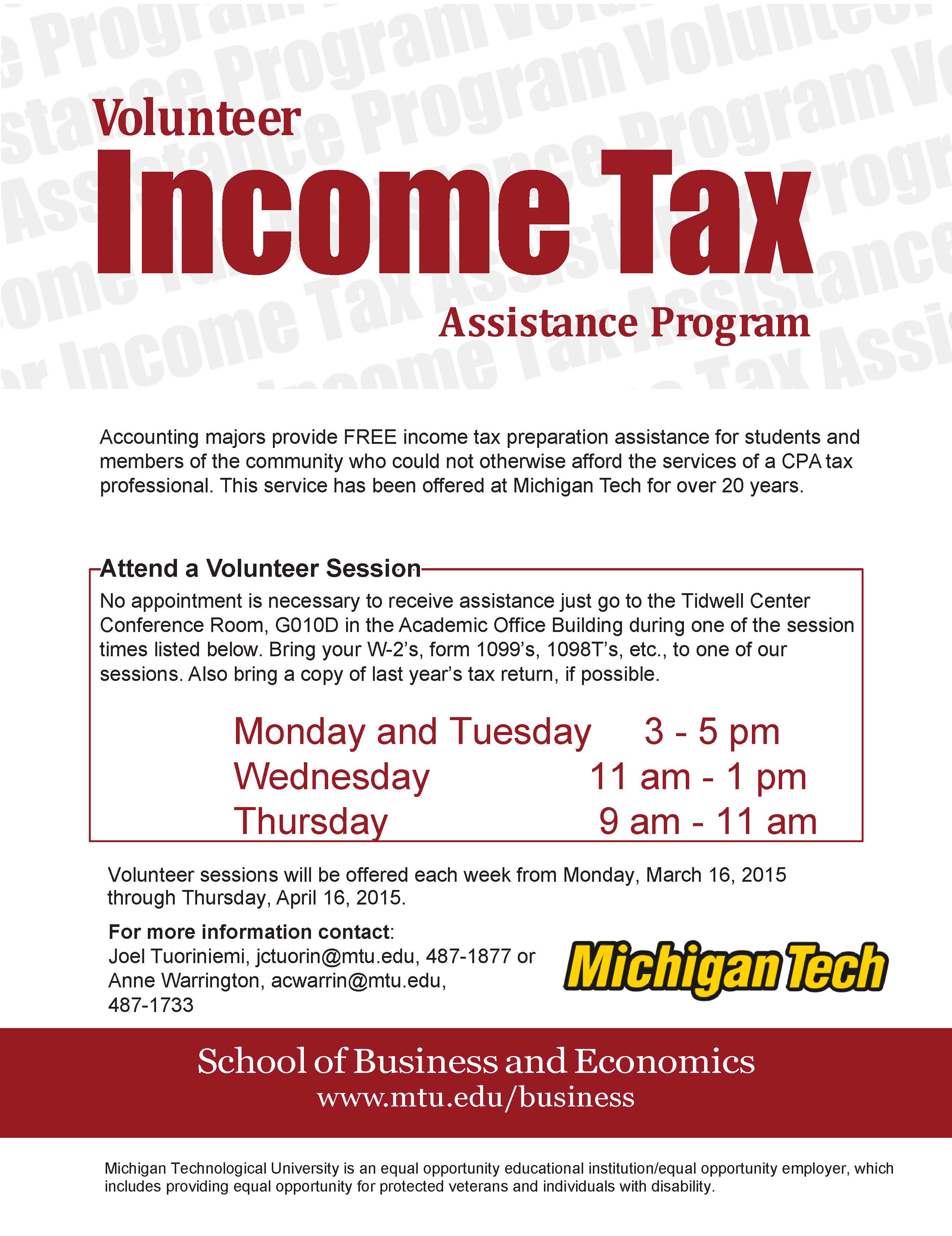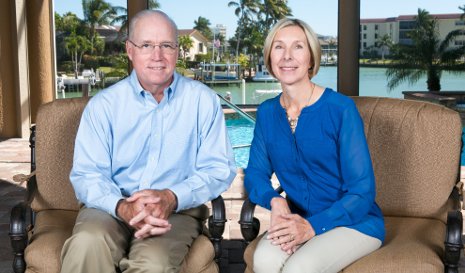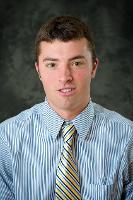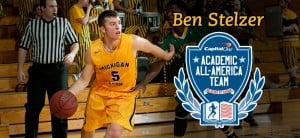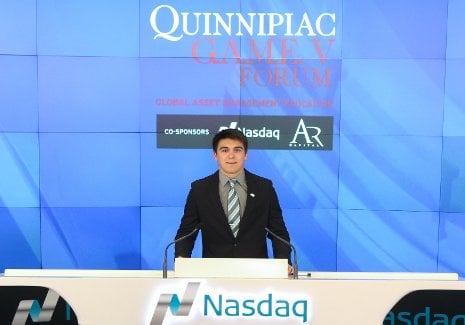
March 31, 2015 – It’s been said the only thing more difficult than winning a championship, is repeating. That is exactly what an Applied Portfolio Management Program team from Michigan Technological University has done.
For the second year in a row, the School of Business and Economics’ APMP team won the global investment competition at the Global Asset Management Education (GAME) Forum V, hosted by Quinnipiac University in New York City. The event, held March 19-21, attracted more than 1,200 students from 140 colleges in 40 countries and 39 states.
While in New York, the team participated in the NASDAQ Stock Exchange closing, attended presentations by some of the biggest names in the world of finance and visited with APMP alums.
Keynote speakers included: Guy Adami, chief market strategist for Private Advisory Group and contributor to CNBC’s Fast Money; Joseph Terranova, chief market strategist for Virtus Investment partners and another “Fast Money” contributor; David M. Darst, former managing director and chief investment strategist for Morgan Stanley Weather Management; Abby Joseph Cohen senior investment strategist and president of the Global Markets Institute at Goldman Sachs; and Tom Keene, editor-at-large at Bloomberg News.
Tech Team
The APMP sent three students to the competition, Cory Sullivan, who participated in the NASDAQ closing ceremony, Heath Johnson and Derek Menard.
The results of the team’s investments were impressive according to Dean Johnson who is the James and Dolores Tretheway Professor in the School of Business and Economics and the APMP’s founding director. He says what sets the competition apart is the fact the students are investing real money–a lot of real money.
“The team manages $1 million through the Michigan Tech Fund,” Johnson explains. “These funds were explicitly donated to be managed by the students.”
He says the APMP team has done well with the fund’s money. Johnson says the team practices the concept of Risk Adjusted Returns, In which an investment’s return is measured by how much risk is involved in producing that return. Even more impressive is the fact the students themselves make all investment decisions. “They have complete control,” Johnson says. “They are hired by the APMP Advisory Board, but the students make each and every decision.
Heath Johnson, the only returning member from last year’s winning team, says while there was a sense of pressure to repeat, the experience of having done it before was beneficial.
“After experiencing the competition last year I knew that we had to be mindful not only or our returns, but also the risk subjected to our portfolio.” Heath Johnson says.
“Our team really wanted to repeat last year’s impressive performance. Winning two years in a row out of 141 schools was incredibly exciting. We were able to outperform the market through very consistent returns while minimizing risk.”
NASDAQ Closing
Cory Sullivan says the overall experience was impressive on several levels. “From participating in the NASDAQ closing and having my picture appear in Times Square, to receiving advice from the biggest names in the finance industry, I realize the great opportunities APMP provides students,”
Indeed, the students hardly have time to enjoy the repeat victory. Heath Johnson, president of the SBE’s Finance Club and other members of the club traveled to the Chicago the following weekend for their annual trip to visit investment firms. Other members of the APMP traveled to Detroit Thursday and Friday to compete in the ENGAGE Investment Education Symposium and competition, hosted by Wayne State University.
Sullivan says the New York trip is just one of many experiences available to the team. “We interact with great guest speakers on campus and via video conferencing, but we also get the opportunity to travel to both Chicago and Detroit to interact with investment professionals. “
Professor Johnson echoed that sentiment. “APMP students are gaining the experiences and education to be successful in the finance industry. Indeed, their success is already evident in their investment results.”
This article was written by Mark Wilcox and originally published on Michigan Tech News.
